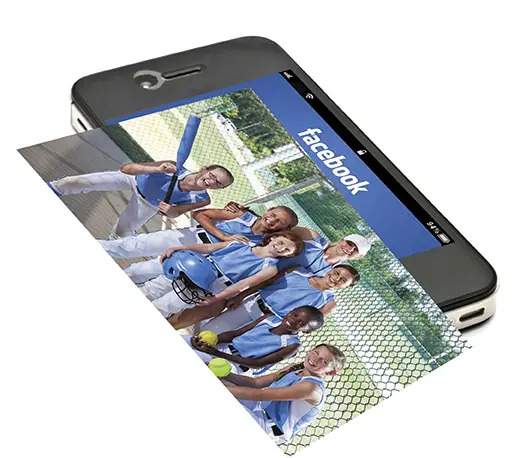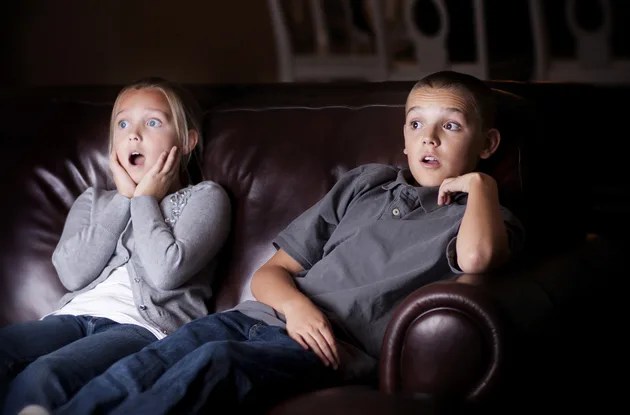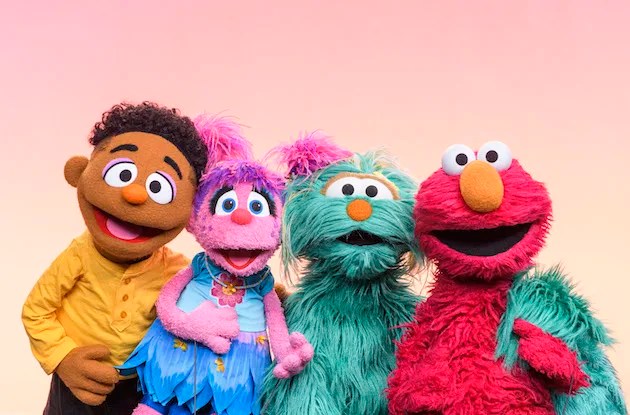ResponsibleSports.com shares 10 social media guidelines for coaches to follow when interacting with young athletes on Facebook, including creating a coach account rather than use your personal account and creating an interest page for the team.
 As a responsible coach, you play an important role in the lives of your youth athletes. In addition to being their coach, you serve as a mentor, a role model, and sometimes as a friend. Your athletes come to you seeking advice on everything from skills and drills to dating, school challenges, and family issues. You are a coach because you care about these kids!
As a responsible coach, you play an important role in the lives of your youth athletes. In addition to being their coach, you serve as a mentor, a role model, and sometimes as a friend. Your athletes come to you seeking advice on everything from skills and drills to dating, school challenges, and family issues. You are a coach because you care about these kids!
Outside of coaching, you’ve witnessed the blurring of professional and personal lives in social media. (Your colleague friended you on Facebook and now you see his family’s weekend photos and a bit too much detail about his dog, kids, and friends.)
When it comes to youth sports, however, this blurring of the lines can be a big challenge. As your team comes together and really bonds with each other and with you, it’s not uncommon for one of your athletes to send you a Facebook friend request—and you think, “Should I accept?” It’s not an easy topic! So this month, we’re turning to our panel of experts from Positive Coaching Alliance as well as from our youth sports organizations to ask: To friend or not to friend? How should responsible coaches handle social media contact with youth athletes?
Weighing Risks and Benefits of Social Media
Social media outlets such as Twitter and Facebook can be indispensable tools for youth sports organizations and teams. Sending game day weather updates via Twitter or replacing the traditional phone chain with a quick Tweet to all parents can be invaluable. Facebook can be great for school team photo contests, or for spreading the word about your organization’s Community Grant activities. You can even get the word out about the car wash fundraiser to a much larger group when you use social media.
But alongside all of the benefits of social media come some important cautions—especially when it comes to contact between adults and kids. And it’s a hot topic, not just in youth sports. Last year, the New York City Department of Education released Social Media Guidelines, trying to help teachers and school administrators navigate these murky waters. Some schools around the country have outright banned social media contact between teachers and students.
We sat down with experts from Positive Coaching Alliance, along with representatives from our panel of youth sports parents to create a set of suggested guidelines and ideas that we hope will help responsible coaches navigate social media relationships with their athletes and team parents.
1. Coaches who wish to engage with their team electronically should maintain separate professional and personal accounts. This includes separate email addresses, separate Twitter handles, and separate Facebook destinations (as you’ll see below, we advocate using interest pages rather than your personal page for your team). The first step for a responsible coach is to very clearly understand and practice a separation of your personal life and your coaching life.
2. Create a social media policies document. Distribute the document to both the parents and your team at the beginning of the season. Make sure parents are very clear on your approach to social media contact with their kids.
3. Consider creating your Facebook presence not as an individual account or as a group associated with an individual account, but rather as an interest page (access at facebook.com/pages/create). Facebook offers ‘School Sports Team’ and ‘Sports League’ as categories under the entertainment pages. Facebook interest pages then allow athletes and parents to ‘like’ the team without having to friend you personally. Visitors to the team page can then see the content you post for this group—use the calendar feature and event tab for game days and practice times, use photo albums for team pictures and candid snapshots, and post to the wall of the team page an inspirational message to the team. The Responsible Sports Facebook page (facebook.com/responsiblesports) is an example of an interest page.
4. Closely monitor commenting within your team social media presence. Immediately remove any posts by athletes or parents that violate your team, league, or governing body’s principles for appropriate behavior. Promptly inform the athlete or parents of the offending post about why the post was not appropriate, and make sure to copy your league administrator on all communication regarding the removal of the post and your policies.
5. Update your privacy settings for your personal social media sites to tightly maintain viewership. Your athletes will undoubtedly search for you on Facebook or Twitter. Under the main menu bar, select “privacy options” in Facebook and change your default privacy to either friends or custom, not public. But be aware: There are limitations to privacy settings. Private communication published on the Internet can become public, and social media sites like Facebook have often changed their privacy settings and functions without much warning or explanation.
6. Responsible coaches should never post identifiable youth athlete information, including photographs, without the permission of both the athlete and the parent. Ever. You should not ‘tag’ photos of other coaches, parents, athletes, or league administrators without their prior permission. Even when you do have permission from athletes and parents to post team photos to your site, never post a child’s first and last name—use only first names.
7. Your social media presence must also comply with your league, association, and overall governing body policies. This includes the disclosure of confidential information and the prohibition of using harassing, obscene, discriminatory, defamatory, or threatening language. The rules for what you can say out loud apply to what you can say or write in social media.
8. As a community leader, you are also responsible for complying with the Children’s Online Privacy Protection Act whenever you engage in social media. Take a minute to review the rules.
9. Politely decline personal friend requests. If an athlete attempts to ‘friend’ you at your personal social media destinations or at your personal email address, experts advise to politely decline with a message to the effect of: “Please don’t be offended if I do not accept or respond to your request. Our youth sports organization does not permit coaches to engage with athletes through personal social media outlets. If you wish to connect, please contact me at my official coaching email address [insert email address] or by visiting our team Facebook page at [insert link].”
10. Exercise caution and common sense. The landscape of social media keeps changing. When in doubt, err on the side of caution. Better to be the slightly less tech-savvy coach than the coach embroiled in controversy.
The challenges of being a responsible coach never end. We know! Sometimes it can feel like the rules of engagement are making it harder and harder to be a coach. We hope you won’t let these ‘new rules’ stop you from participating as a coach. We hope our guidelines help you navigate the waters a little bit. Let’s work to keep youth sports the way we want it to be—full of valuable life lessons for our kids.
This article is reprinted from responsiblesports.com, with permission of Liberty Mutual Insurance. Responsible Sports invites you to join them on Facebook to share advice for other fellow coaches on navigating the tricky waters of social media and coaching in general: facebook.com/responsiblesports.
Also see:
A Parent’s Guide to Handling Tricky Coach Situations
How Should a Parent Respond When Their Child Wants to Quit a Team?
Advice for Coaching Your Child’s Team





















